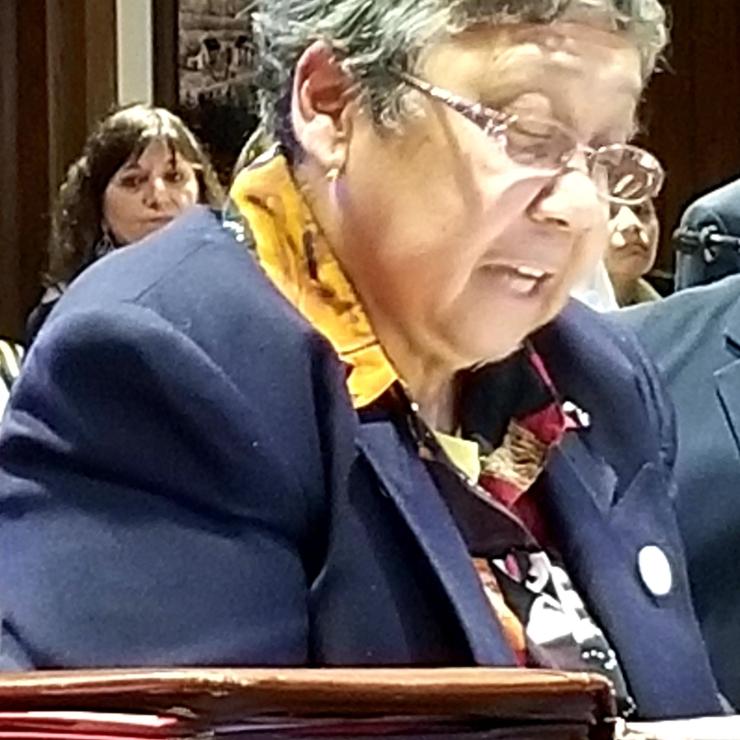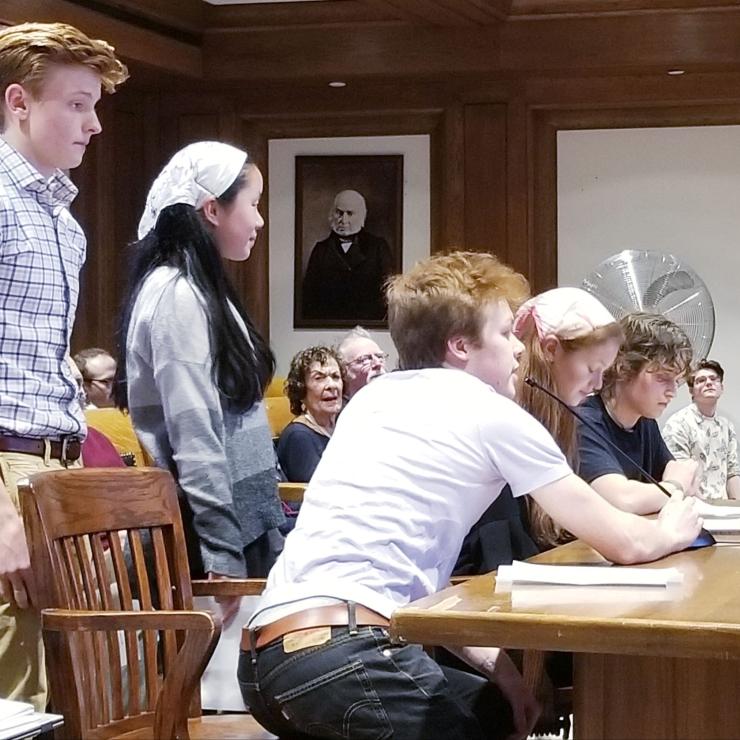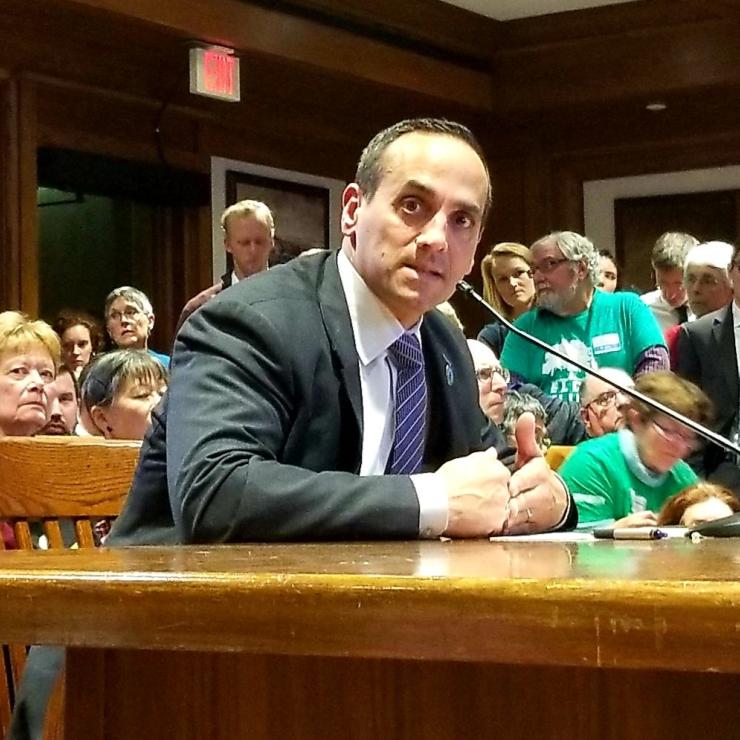
Does anyone have whiplash? Last week, the Massachusetts State Senate introduced then passed three climate bills at a breakneck speed that laid out broad new commitments to tackle carbon pollution emissions in a variety of ways. Over 150 amendments were introduced a few days after the bills dropped and then the debate began.
- S.2476 An Act to accelerate the transition of cars, trucks and buses to carbon-free power requires the MBTA to move to a zero-emissions fleet by 2040 and requires the state to buy only zero emission vehicles after 2024.
- S.2478 An Act Relative to Energy Savings Efficiency updates efficiency standards for common appliances.
- S.2478 An Act Setting Next Generation Climate Policy is the most far reaching bill. It requires the state to get to net zero emissions by 2050 and to set up interim emission reduction goals every 5 years until then.
All of these bills move Massachusetts forward in addressing climate change. Clean Water Action successfully advocated for amendments that strengthened the Next Generation climate bill by adding additional language ensuring that low income people, workers and rural populations would be protected—and the voices of youth considered—as the policies are enacted.

Photo: Sister Tess testifying at key energy hearing
The day before the Senate voted on amendments, youth leaders including allies at Our Climate mobilized in a big way, showing up en force for an Intergenerational Lobby Day the day before the vote that drew over 200 students who met with elected officials throughout the day.

Photo: Youth leaders from Our Climate
And the students were not alone. Over 150 small-business owners released a letter urging lawmakers to adopt carbon pricing. 300 plus faith leaders from across the state also wrote legislators to encourage action. Concerned parents, grassroots leaders, and municipal officials from across the state spoke out.

Photo: Mayor Joe Curtatone
At the end of the day, the Senate passed an amended set of climate policies that includes among other provisions:
- Carbon pricing mandates, starting in the transportation sector in 2022 and then over time including industrial building and finally residential homes in 2030;
- 50 percent reduction of carbon pollution emissions statewide by 2030, building off the 25 percent reduction that passed in 2008, and a “net zero” reduction by mid-century;
- Key revisions to the mandate of the Department of Public Utilities including required consideration of climate and equity factors in their decision-making across the board;
- Solar “carve-out” requirements to address the barriers in low income and communities of color to advancing solar projects.
Although we did not get everything that the climate community pressed for, there are some significant advances in this mix. Stay tuned in the coming weeks as the focus shifts to the House of Representatives to get climate action moving in that chamber as well!


